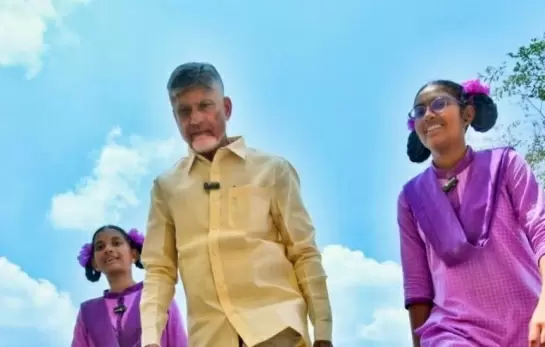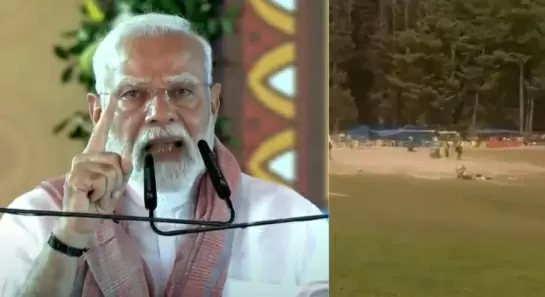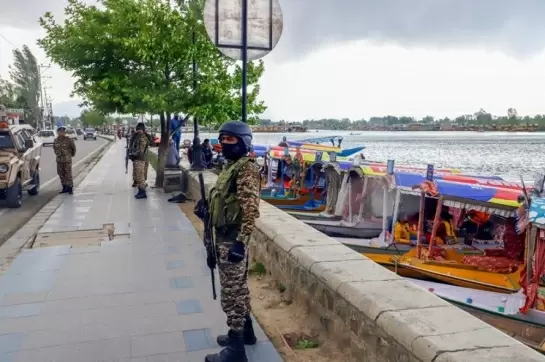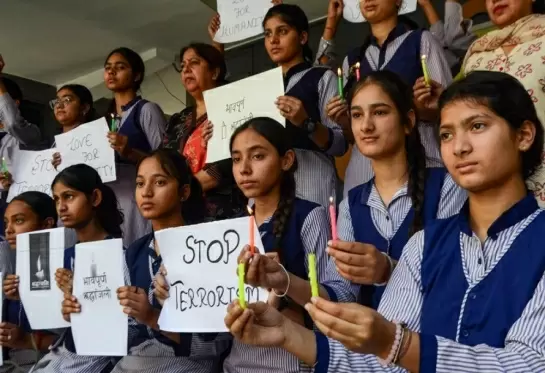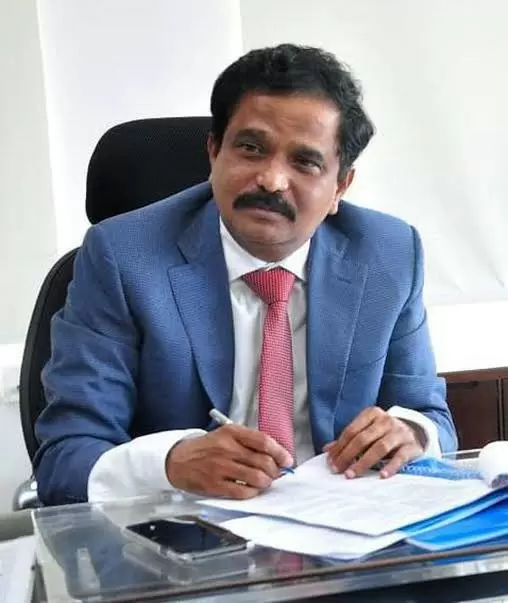What are India's stakes in Israel-Gaza conflict?
18-May-2021
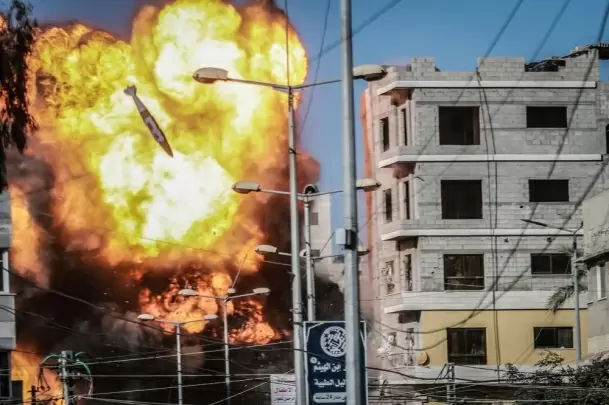
A web of high stakes in its ties with both Israel and the Arab world, especially the oil rich Gulf countries, is pushing India to join the global effort for an early ceasefire in the ongoing conflict between the Israelis and Palestinians in Gaza.
India's ties with Israel are deep, multi-layered and strategic. New Delhi relies on Israel not only for critical military hardware, but also for high quality intelligence. The two share common concerns about international terrorism, which were reinforced during the Mumbai 26/11 terror strikes. The duo also has an excellent people-to-people relationship, evident from the arrival in droves of Israeli backpackers, especially those who want to chill-out in a safe haven, following their arduous compulsory military service back home. Because of these multiple factors which have spawned an exceptional relationship, India cannot afford to antagonise Israel in the international fora on the Israel-Palestine issue.
Yet, India has a historic relationship with the Arabs as well. India has traditionally supported the Palestinian cause—a position that has echoed warmly in the Arab street and generated enormous goodwill for the Indian people, and industry, in the region. But real, pragmatic reasons have also emerged in recent years which have reinforced India's bonds with the Arabs.
More specifically, India has to be careful to respect the sensitivities of its friends in the Gulf countries. India depends critically on the Gulf countries for its energy security. Second, the Gulf monarchies employ millions of Indian guest workers, who remit billions of dollars to India's coffers. The people-to-people warmth between the two could not be better, after the Gulf nations became formidable providers of liquid medical oxygen when Indians needed it most during the Covid-19 second wave.
India, therefore cannot go overboard in its support of Israel during a conflict, in deference to the mainstream sentiment in the Gulf street. Finally, India is mindful that its position towards the Arab world in the past, has echoed domestically, including in Kashmir, which it cannot afford to ignore.
Unsurprisingly, India's May 16 statement on the current conflict at the UN Security Council was exceptionally nuanced and well- crafted to evade all the diplomatic minefields that can come in the way of its dual engagement of Israel and the Arabs.
In its statement, India rejected Hamas rocket firings into Israel, which has killed an Indian caregiver, Soumya Santhosh. It described the use of formidable force by Israel as "retaliatory strikes" to the Hamas' "indiscriminatory" rocket attacks, pushing the Israeli action into the grey-zone of self-defence. India's position is in tune with its rejection of cross-border rocket attacks, in view of Pakistan's bid to push terrorists across of the Line of Control (LoC).
But simultaneously, India has stuck to the standard UN-backed "two-state" formulation, as the basis for ending the Israel-Palestine conflict. "Immediate de-escalation is the need of the hour, so as to arrest any further slide towards the brink. We urge both sides to show extreme restraint, desist from actions that exacerbate tensions, and refrain from attempts to unilaterally change the existing status quo, including in East Jerusalem and its neighbourhood," the Indian statement said.
Given the tug-of-war on its position on the conflict, it is in India's interest that the warring between Israel and the Palestinians in Gaza ends quickly. In seeking peace, India would be inevitably joined by its partners in the Gulf countries, who would sincerely want the violence to end, to preserve their recent position of recognising the state of Israel.
(This content is being carried under an arrangement with indianarrative.com)
--indianarrative/ IANS
Pope Francis Requested For Simplified Funeral Rites
Elista Launches Six New Made-in-India Residential Air Conditioners
Former DGP Om Prakash Murder: Wife Under Investigation, Says Minister
Ricky Rai, Son of Underworld Don Muthappa Rai, Shot at Near Bengaluru
Khushbu Sundar’s X Account Hacked; Actress Seeks Urgent Help




